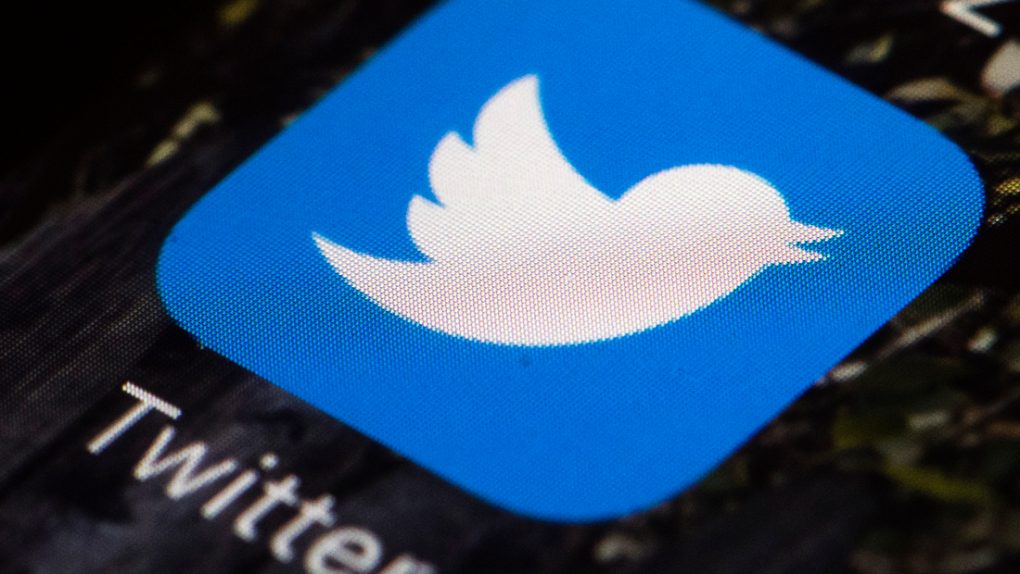Well, this went exactly as most of us would have expected it to.
Earlier this month, NPR stopped posting content to Twitter after the platform labeled its account as “state-affiliated media,” the same designation that is used for media organizations in China and Russia, where the government has autonomy over the media company.
After NPR explained that this was inaccurate due to the fact the company is a private nonprofit with editorial independence, Twitter changed its label to “government-funded media.” NPR says that this is also inaccurate due to it only receiving “1 percent of its $300 million annual budget from the federally funded Corporation for Public Broadcasting.”
In response to these designations, NPR has made the decision to stop publishing its reporting on the social media platform. According to NPR CEO John Lansing, “I have lost my faith in the decision-making at Twitter…I would need some time to understand whether Twitter can be trusted again.”
“The downside, whatever the downside, doesn’t change that fact,” NPR CEO John Lansing said in an interview. “I would never have our content go anywhere that would risk our credibility.”
In an email to the company’s staff, Lansing said that the move to leave Twitter is being made to protect its credibility.
“It would be a disservice to the serious work you all do here to continue to share it on a platform that is associating the federal charter for public media with an abandoning of editorial independence or standards.”
In response to its decision to leave the platform, Elon Musk called to defund NPR. The hashtag #Defund is trending on Twitter at the time of writing. NPR isn’t the first major news organization to leave an aggregation service like Twitter — The New York Times famously left Apple News a while ago.
While Elon Musk is trying to crater less than 1% of NPR’s funding, Twitter is dealing with a bug that is making users’ private tweets public.








